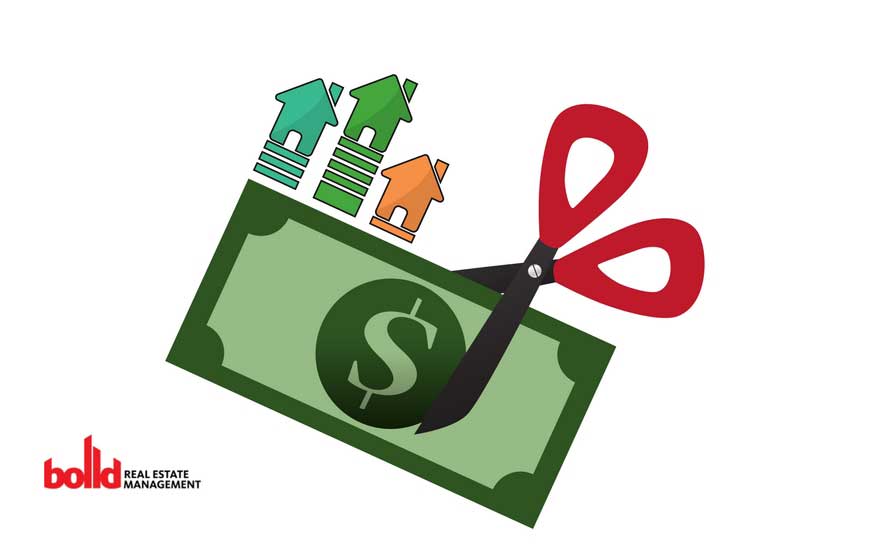One of the first steps to becoming a landlord is to think about how owning a property will affect your income. As a landlord doing solo property management, you will want to make money. One of the ways you can save money is by tax planning.
I’ve prepared three property tax saving tips for landlords or you below!
Paying your property and other business taxes are different from yearly personal taxes. A thorough property tax planning is crucial for a landlord. It is best to pay taxes quarterly, to make sure you will not owe any sudden lump sum money on your property. Landlords have four tax times with some complicated paperwork instead of one tax time a year.
“Paying your property and other business taxes are different from yearly personal taxes. A thorough property tax planning is crucial for a landlord. “
Your municipality’s property tax rate is multiplied by the market value of your home (not the sale price). Your property tax varies every year based on the value of the surrounding properties.
Hire a good accountant. An accountant will help you with property tax planning. The quest for finding an accountant should be away from the peak tax season.
[inf_infusionsoft_inline optin_id=optin_11]
There are three other tax saving tips for landlords of which you should be aware of.
1. Use your rental money gained to put back into the property itself.
If you take your rental money as income, it will be taxed as normal income. This means you will lose a percentage of your money. Yet, if you invest your money back into your property or business, then it is not taxed. You can use this money to create infrastructures.
Infrastructures will lead to increased profits in the future. By doing so, you’ll have a greater possibility for tax deductions. Either way, you are bettering your position to make money on your investment. For example, you can put solar panels on your property to decrease electricity costs and make money selling surplus energy back to the power company.
There are also tax deductions for creating renewable energy sources thanks to the Investment Tax Credit, which you can use to deduct 30% of the cost of installation from your taxes. Finding ways to use your income to create infrastructure and receive further tax credits is important for building an asset that you can count upon for a lifetime.
2. The second benefit is the deduction used for businesses that service their equipment or real estate over the course of the year.
You can fully deduct the costs of your equipment or property maintenance in a single tax year. This is a great benefit when looking to upgrade office equipment as well as long as it is only for use on the rental property.
The Section 179 deduction also has a bonus deduction which allows for an extra deduction of 50% of what you claimed in Section 179. In other words, if your business qualifies, you can deduct your costs 1.5 times which leads to a significant tax break.
3. Fund your retirement income using your property.
You can build a contribution in a ROTH IRA which is tax-free savings. If you are running your property investment as a business, then you can make extra contributions to further your path into retirement.
You can also create a SEP (Simplified Employee Pension Plan) to create a tax-deferred savings account with a higher limit to contributions per year. You can use these accounts to purchase more real estate which will gain rental income and will appreciate without adding an extra tax burden now; also, the capital appreciation, ROTH is tax-free instead of deferred.
In conclusion
Tax for landlords can be tricky.
However, knowing how to maneuver your money around can be the difference between stable profit and a struggle for fiscal solvency. A good accountant will help you think through these intricacies of these tax laws to get you the best result.
Apply all property tax saving tips for landlords and see how much you can save.
[inf_infusionsoft_inline optin_id=optin_11]


